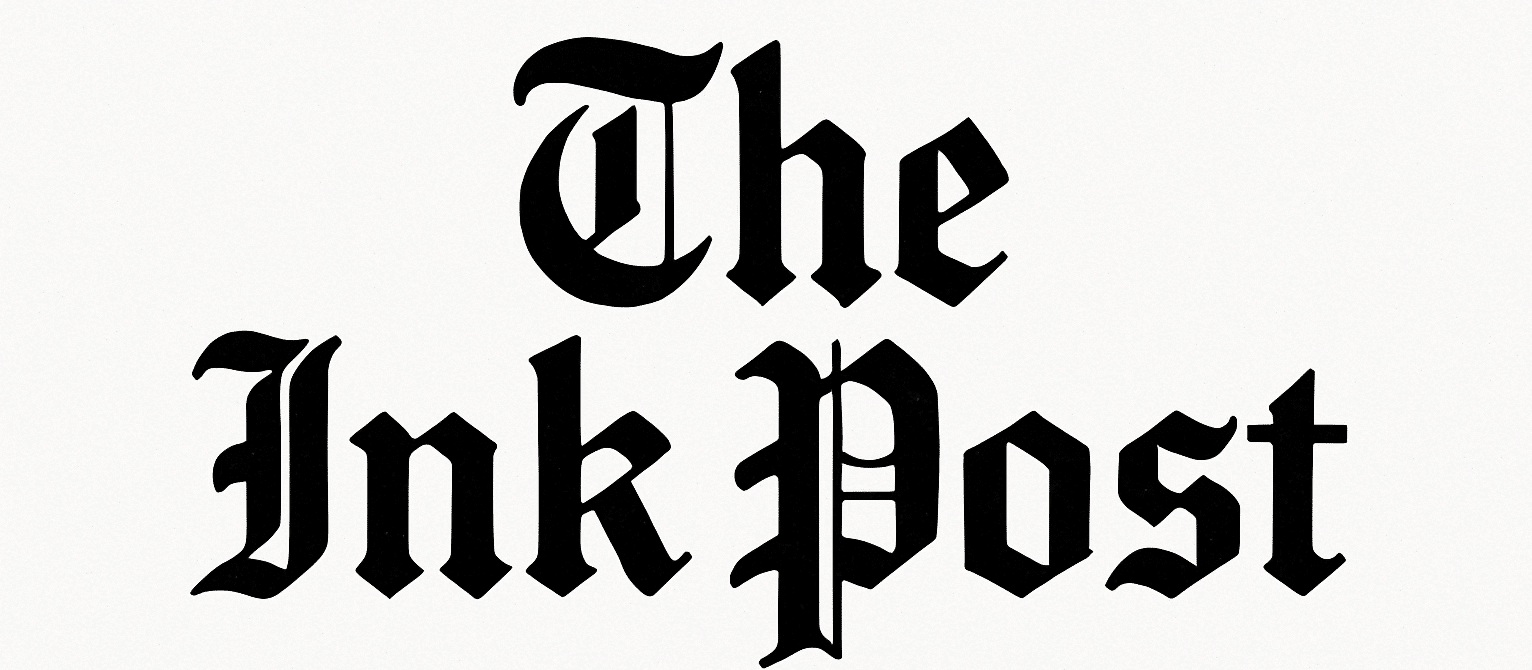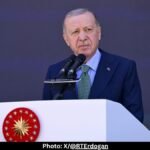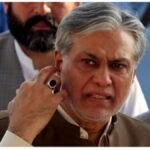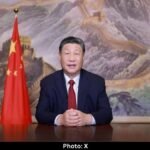The 21st-century world looks familiar—it’s again drifting toward direct conflict and proxy wars. But the real story is bigger than what meets the eye. The Russia–Ukraine war, for example, is not just about territory—it’s a power play in Eurasia, a continuation of Cold War tensions with new rules.
A New Cold War? Sort of
According to Reuters, It’s tempting to say we’re not living in a Cold War anymore. Today, there’s no simple “East vs West”—we’re in a multipolar world. But hidden beneath that complexity, the real power centers still stand tall: the U.S., Russia, and China. These giants are constantly testing each other’s strength and influence.
The Cat-and-Mouse Game Between the U.S. and China
Watch closely: the hotspots for U.S.–China rivalry are already clear. Ukraine and the Middle East are headline hotspots. But the biggest potential flashpoint is Asia-Pacific, especially Taiwan and the South China Sea. These are the tournaments where strategies are tested—with real consequences.
Are We Waiting for the Next War?
Sometimes it feels like global tensions are being meticulously controlled—holding pattern until it’s go-time. NATO still exists for a reason. Its members are constantly pressured to increase defense spending. That isn’t casual budgeting—it’s preparation.
America’s Role in Every Conflict
Whether it’s Ukraine vs Russia, Israel vs Iran, or something else—you’ll find U.S. fingerprints. Take “Operation Midnight Hammer,” for example—the U.S. didn’t just send a signal; it reshaped global calculations. Meanwhile, Iran firing missiles at Al-Udeid (a U.S. base in Qatar) isn’t random—it’s part of this broader chess match.
Rising Alliances: East vs West
While the U.S. builds its global alliances, Beijing is busy crafting its own. Russian–Chinese ties are growing, and Iran fits in as a regional player. BRICS and the Shanghai Cooperation Organization are not just talk—they’re emerging military-economic alternatives challenging Western dominance.
Global Institutions Losing Their Power
Who can actually stop this before it escalates? The old international bodies from the 1940s—the UN, WTO, etc.—feel powerless. Their inability to manage conflicts and the rise of nationalist politics (like MAGA in the U.S.) has pushed us into a dangerous zone.
China’s Stealthy Expansion
According to Time, The U.S. supports small conflicts, partly to sell weapons and boost its defense industry. Meanwhile, China is quietly expanding influence via “debt-trap diplomacy.” It’s reaching beyond Taiwan—into Africa, Latin America, and Southeast Asia—with tech and infrastructure.
Not So Local Conflicts
When Syria’s Assad regime nearly collapsed, it wasn’t just local insurgents—it was big-power politics. That once-powerful military quickly fell apart. Why? Because foreign players called the shots from behind the scenes.
Israel’s Bold Moves
Israel’s attacks against Hamas and Hezbollah were expected. But its recent actions against Iran surprised many—especially since Israel already has nukes. Similar to Pakistan, it shows how U.S. backing isn’t always about clear strategy.
Back to Truman… and Trump
Remember the old Truman Doctrine? Today’s Trump is talking the same talk—any threat anywhere is a U.S. concern. From direct intervention to covert support, America says it will respond wherever it sees a threat.
Where Do We Go From Here?
The world today is torn—power plays dominate, not principles. To avoid further escalation, we need more dialogue, less confrontation. Let’s remember that military strength is a tool, not a solution.
Strategic Map: Alliances and Tensions
| Country/Group | Allies/Partners | Adversaries/Tensions |
|---|---|---|
| United States & NATO | EU, Japan, South Korea, Australia | Russia, China, Iran |
| Russia–China–Iran | BRICS, SCO | U.S., NATO, India* |
| Pro-U.S. Partners (e.g., Israel, India, Cyprus, Greece, Armenia) | U.S. allies | Turkey, Iran |
*India maintains ties with multiple alliances—it’s complex.
Read More: Turkey’s Bold Move: Can Erdoğan Bring Back the F-35 Jets?
Watch India Pakistan Breaking News on The Ink Post. Get Latest Updates, Latest News on Movies, Breaking News On India, World, Explainers.
Follow us on Facebook and Instagram and LinkedIn and Twitter to Stay updated!






